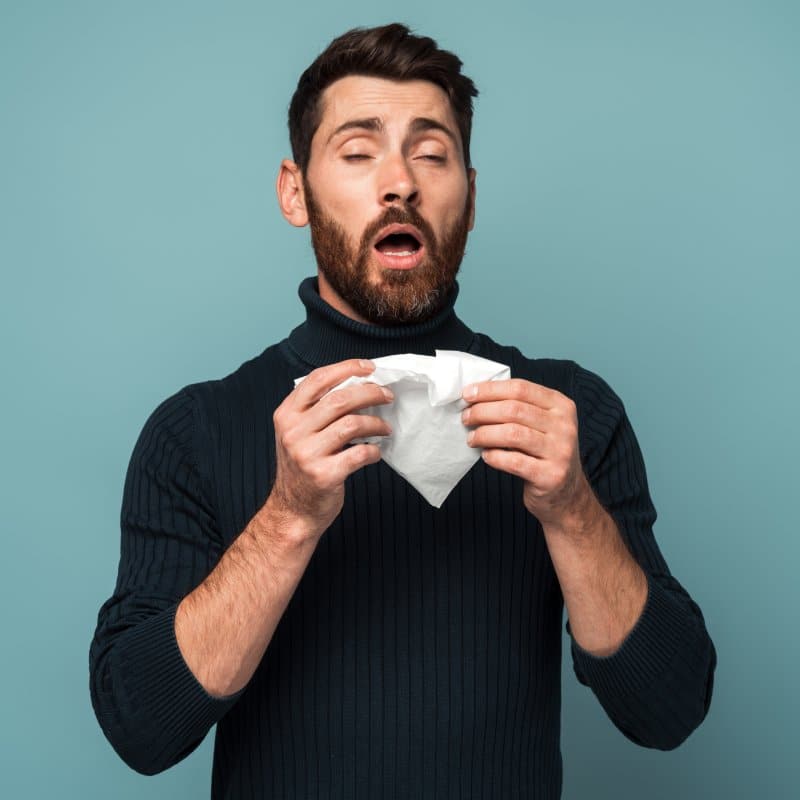Sneezing is a natural reaction that helps clear irritants from your nose. But when it happens all the time, it can disrupt your life and even cause health issues. You may wonder whether you should see a doctor for frequent sneezing, especially if it’s interfering with your work or home life. Before making that decision, take a moment to understand the causes and effects of frequent sneezing.
Common Reasons for Frequent Sneezing at Home or Work
Allergies often lead the list of sneezing triggers. Dust mites, pet dander, pollen, and mold are common culprits. These irritants can linger in homes and workspaces, especially in poorly ventilated areas. And unfortunately, controlling elements like mold growth is easier in some areas of your home than others. Avoiding mold growth in your basement is one of the most demanding tasks, as basements often experience higher humidity than other rooms. Working with professionals can help you identify possible allergen problem areas and ways to address them.
Beyond allergies, irritants like strong perfumes, cleaning chemicals, or even dry air can cause persistent sneezing. Sometimes, simply changing your environment or improving air circulation can make a significant difference.
How Frequent Sneezing Can Impact Your Health
Constant sneezing can make more than just noise. Repeated sneezing may cause nasal irritation, dryness, and even nosebleeds. Over time, this irritation increases the risk of developing sinus infections or inflammation. The physical strain from sneezing fits can also lead to headaches or worsen existing conditions like migraines.
If these symptoms escalate alongside your sneezing, they might signal an underlying issue that requires medical attention. You might also notice fatigue as your body works overtime to manage inflammation.
Could Your Lifestyle Be the Cause?
Your daily habits might hold clues to frequent sneezing episodes. Routines like keeping windows open during high-pollen seasons or using scented candles in poorly ventilated areas could be working against you. Smoking or spending time in areas with poor air quality amplifies nasal irritation, triggering sneezing.
Simple changes, like investing in an air purifier or switching to unscented products, can reduce irritants. Evaluate your environment and lifestyle to identify what may be contributing to the problem.
When To Ask for Professional Advice
Sneezing isn’t always harmless. Consistent bouts or accompanying symptoms like prolonged congestion, wheezing, or severe nosebleeds may indicate a deeper issue. Conditions like allergic rhinitis or chronic sinusitis could be at play. Consulting a healthcare provider can provide clarity on persistent symptoms and help you better manage your health.
If controlling the triggers isn’t resolving the issue, it might be time to see a doctor for frequent sneezing. Developing an effective treatment plan for persistent sneezing could require allergy tests or other evaluations.
Take Control of Your Symptoms
Frequent sneezing may feel overwhelming, but it doesn’t have to take over your life. By identifying potential irritants, making small lifestyle changes, and seeking help when necessary, you can reclaim control. If you’re questioning whether you should see a doctor for frequent sneezing, trust your instincts. Addressing it sooner rather than later could improve both your comfort and quality of life.

